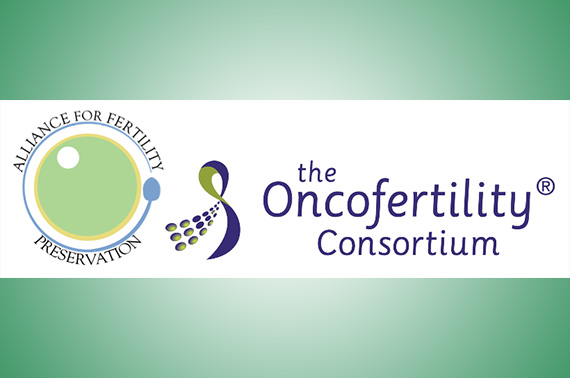On Friday, the Alabama Supreme Court issued an alarming ruling, unencumbered by medical facts, that casts embryos as legally equivalent to living children. This unfortunate and uninformed ruling imperils the future of reproductive medicine, and with it, access to fertility preservation for cancer patients. When a child or young adult is diagnosed with cancer, their…Details
AFP Statement on Alabama Supreme Court Embryo Ruling




